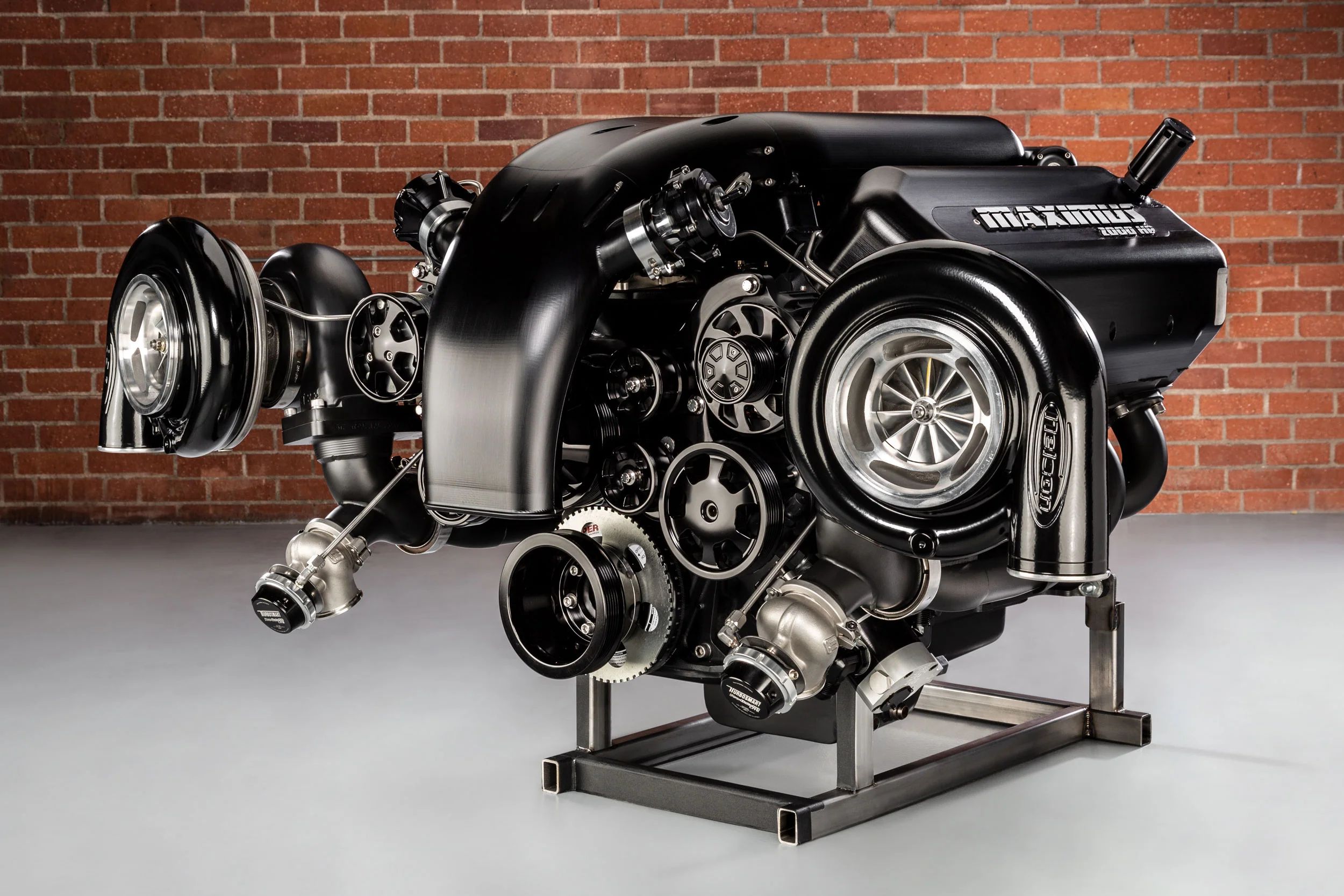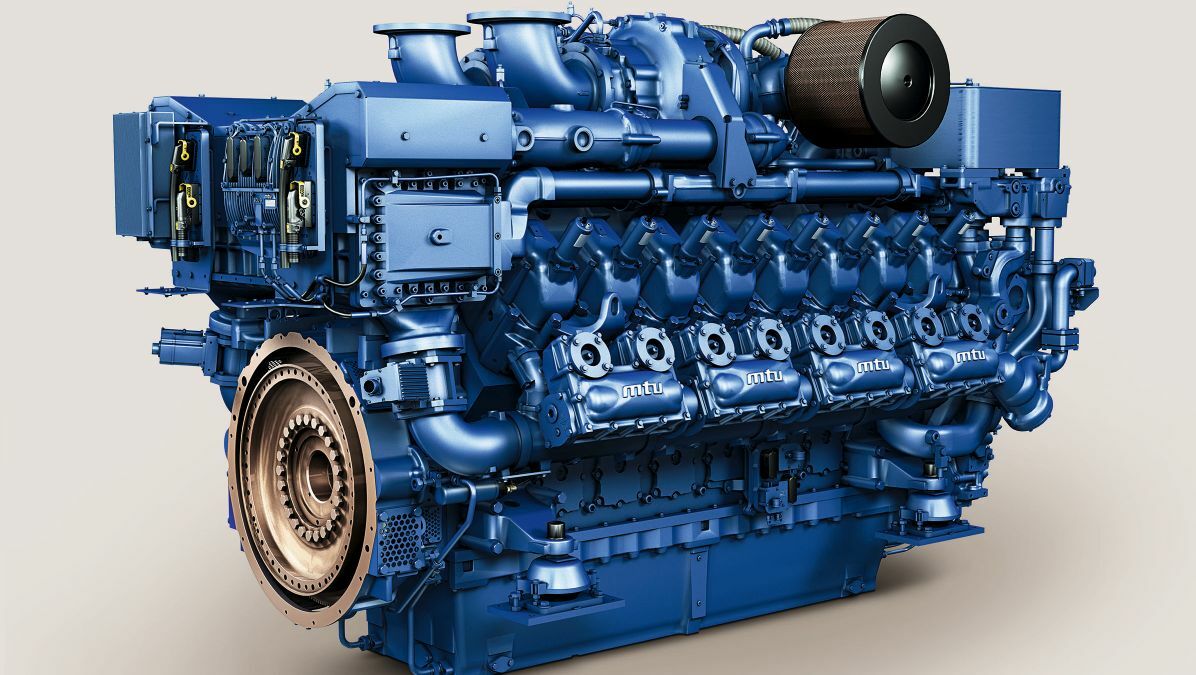The Pursuit for Ultimate Driving Power: Exploring the Peak of Engine Performance and Technological Breakthroughs in the Automotive Market
In the realm of automobile engineering, the pursuit of maximum driving power has been an unrelenting mission that has unravelled through the development of engine design and the combination of advanced innovations. From the precise craftsmanship of combustion engines to the fast improvements in electric propulsion systems, the automobile field stands at the cusp of a brand-new era characterized by unprecedented efficiency abilities. As scientists and engineers dive much deeper into the realms of computational fluid dynamics and explore cutting-edge fuel innovations, the perspective of opportunities broadens significantly. Remain tuned as we unravel the intricate tapestry of technological developments that are forming the future of automobile power and efficiency.
Development of Engine Style

Moreover, the combination of turbocharging and turbo charging technologies has actually changed engine layout by enhancing power without considerably boosting engine size. These forced induction systems press the intake air, enabling for more fuel to be combusted, therefore generating higher power result from a smaller engine. This improvement has been particularly essential in enhancing the efficiency of smaller displacement engines while keeping fuel performance standards.

Performance-Enhancing Fuel Technologies
The implementation of advanced fuel technologies has considerably added to boosting engine efficiency in contemporary lorries. From typical gas and diesel to cutting-edge biofuels, artificial gas, and hydrogen, the automobile sector is experiencing a change in fuel options. Biofuels, stemmed from sustainable sources like corn, algae, or sugarcane, offer boosted and decreased discharges engine performance. Synthetic gas, produced with chemical processes, give high octane scores, improving power output. Hydrogen gas cells, although still in the beginning of adoption, reveal great guarantee because of their zero-emission nature and potential for high efficiency. Furthermore, gas additives and detergents are being formulated to clean engine elements, maximize combustion, and lower friction, thus increasing total car performance. With recurring r & d, the quest for the best driving power continues, as engineers make every effort to unlock the complete possibility of performance-enhancing gas innovations in the auto sector.
Developments in Electric Propulsion
Substantial strides in electric propulsion technology have reinvented the automobile industry, leading the way for a brand-new era of effective and lasting transport. Electric automobiles (EVs) are obtaining appeal due to their ecological benefits and advancements in battery innovation, making it possible for longer driving varieties and much More Help shorter billing times. Makers are spending greatly in r & d to boost the performance of electrical propulsion systems, concentrating on increasing power output, improving energy effectiveness, and lowering total weight.
One noteworthy advancement in electric propulsion is the advancement of sophisticated electrical motors that supply greater torque and power thickness, resulting in enhanced velocity and general driving efficiency. Additionally, regenerative braking systems have been fine-tuned to catch and store energy throughout deceleration, further boosting the effectiveness of EVs.
Additionally, the combination of clever innovations, such as expert system and predictive analytics, is maximizing the administration of electric propulsion systems, making certain ideal performance under numerous driving conditions. These innovations in electric propulsion are improving the automobile landscape, driving the industry in the direction of an extra lasting and electrified future.
Influence of Computational Fluid Characteristics
With improvements in electric propulsion pushing the boundaries of vehicle innovation, the combination of Computational Fluid Dynamics is playing a pivotal function in maximizing aerodynamic efficiency and improving overall effectiveness in lorry design. Computational Liquid Characteristics (CFD) involves making use of computer simulations to analyze the circulation of air around a vehicle, allowing designers to predict exactly how layout changes will affect the rules of aerodynamics without the need for costly physical prototypes. By precisely modeling air movement patterns, CFD enables the refinement of automobile forms to reduce drag, improve air conditioning, and boost stability.
One secret advantage of making use of CFD in vehicle design is the capability to repeat swiftly, exploring various layout variants to recognize the most aerodynamically effective options. This repetitive procedure causes lorries that are not only sleeker and more visually appealing however likewise more environmentally friendly and fuel-efficient. Additionally, CFD allows engineers to optimize air flow around elements such as radiators, engine bays, and wheel wells, adding to enhanced performance and overall driving experience. Finally, the integration of Computational Liquid Characteristics represents a considerable advance in the mission for supreme driving power and effectiveness in the automotive industry.
Future Fads in Engine Advancement
In the dynamic landscape of automotive design, innovative advancements are forming the future trajectory of engine advancement. The future of engine design is noted by a strong focus on efficiency, efficiency, and official statement sustainability. Producers are significantly focusing on developing engines that not just deliver high power outputs yet likewise focus on environmental duty by enhancing and minimizing emissions fuel performance.
One popular fad in engine development is the increase of electrification. Crossbreed and electrical powertrains are acquiring grip as viable options to typical burning engines. These technologies provide the potential for considerable decreases in carbon emissions and enhanced power efficiency, lining up with worldwide initiatives to battle climate change.
Furthermore, improvements in products scientific research and manufacturing methods are making it possible for the manufacturing of lighter and a lot more durable engine components. This shift towards lightweight materials such as carbon fiber and aluminum alloys adds to enhanced efficiency and fuel economy.
Verdict
Finally, the search of ultimate driving power in the vehicle field proceeds to drive innovations in engine layout, gas innovations, electrical propulsion, Website and computational liquid dynamics. The development of these innovations is shaping the future of engine development, leading the way for more effective and powerful vehicles (engines for africa). As the market proceeds to press the borders of what is possible, we can anticipate to see a lot more groundbreaking developments in the quest for peak efficiency
One of the essential milestones in engine design evolution is the transition from conventional carbureted engines to modern fuel-injected systems. By specifically metering the gas shipment to each cylinder, fuel-injected engines enhance combustion, resulting in far better performance and minimized ecological impact.
Moreover, the assimilation of turbocharging and supercharging technologies has actually revolutionized engine design by increasing power without dramatically raising engine size (engines for africa).The execution of innovative fuel modern technologies has actually considerably added to improving engine performance in modern-day vehicles. In addition, fuel ingredients and detergents are being created to clean engine elements, optimize combustion, and lower friction, therefore improving overall automobile performance